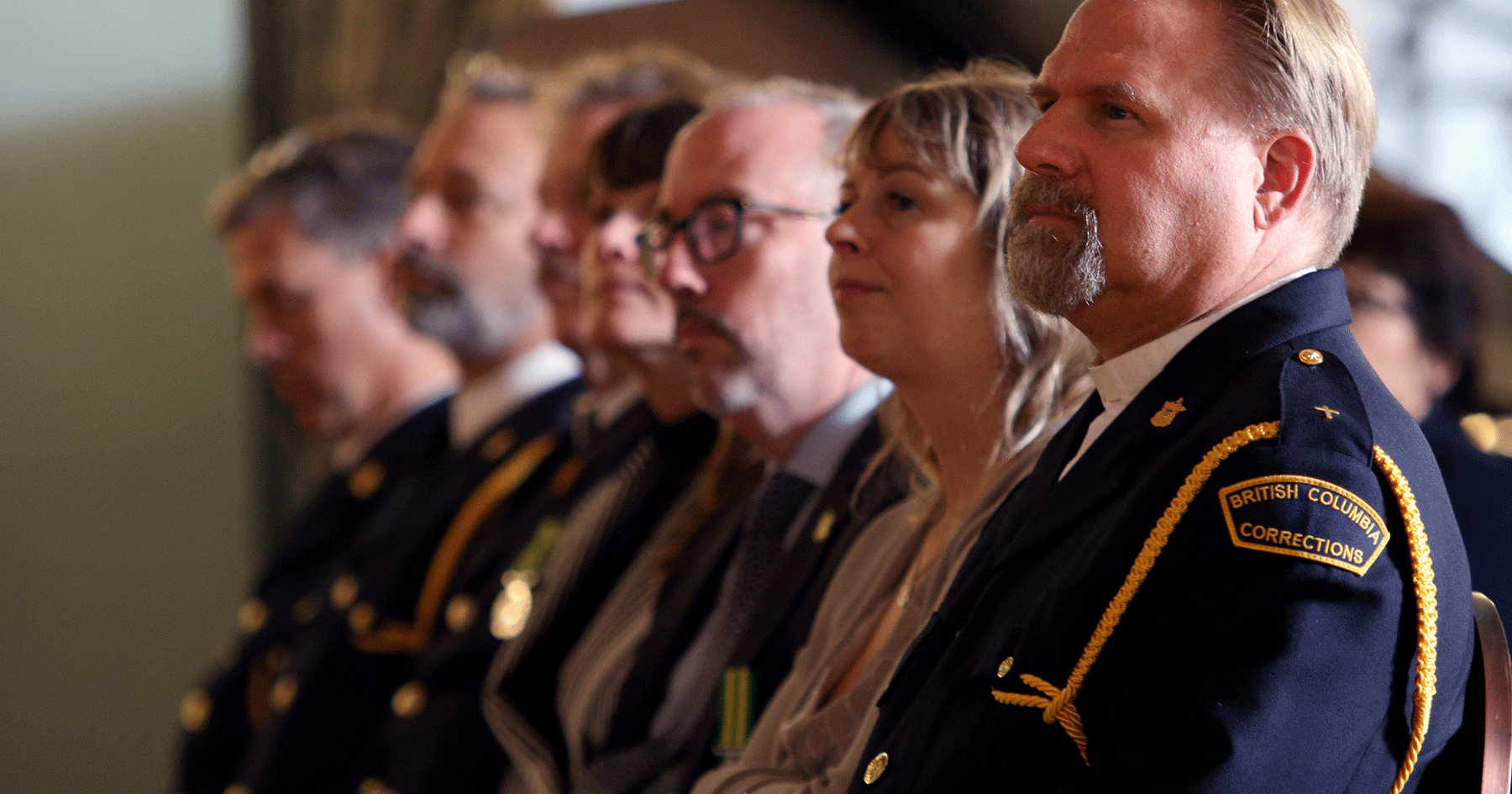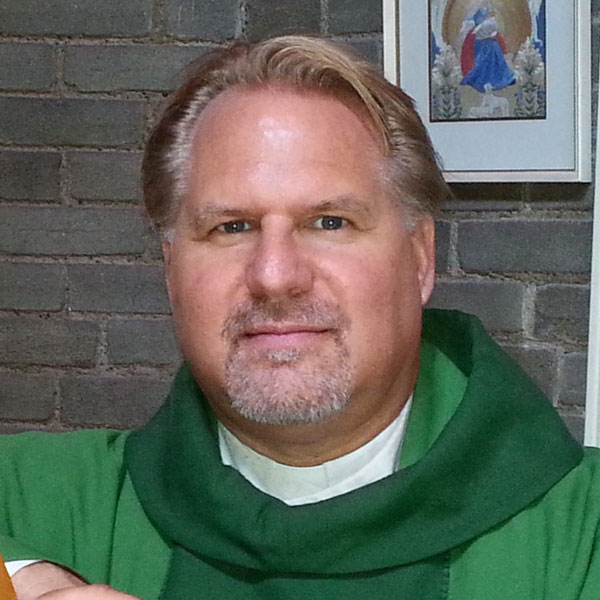Years ago, when I joined BC Corrections as Chaplain, in Victoria’s maximum-security prison, one of the first places in the jail I reported to was “Stores.” This is the department that receives all the goods and products from the outside world needed to operate the Correctional Centre: food, bedding, cleaning supplies, recreational equipment, computers, and cameras, everything a prison requires.
“Stores” was also responsible for staff uniforms, which is why I was sent to see them. It was considered best practices for me to wear street clothes for my daily work: no clericals or clergy collar, as experience had shown these can be powerful negative triggers for many people or a barrier for non-Christians seeking spiritual counsel or emotional support. However, I was to receive a formal dress uniform (tunic) to be worn at official events and when performing BC Public Service ceremonial duties.
To be issued a formal tunic as a civilian is indeed a sign of privilege. I imagine this honour was due both to the traditional paramilitary ethos of Corrections (military chaplains receive and wear service uniforms as standard practice), and the Christian origins of the rehabilitative approach to dealing with those who break the law. The Church’s long-established teaching that no person is beyond redemption, and that every life is sacred; in time led to jails adopting a range of healing and rehabilitative practices.
While often overlooked today, I would remind staff that when the prison’s cornerstone was laid in 1913, there was a Christian chaplain, Reverend Inkster, and likely the Anglican Bishop present to speak words of hope, healing, and to pray a blessing and dedication. All the other supportive services came later.
The Church indeed once held a place of status, power, and privilege in the secular justice system. The very name of our federal prisons – “penitentiary” – comes from the Christian sacrament of “penance/penitence,” where one repents and atones for our misdeeds, and seeks reconciliation with God and the community. The fact we no longer shackle criminals to walls in dank, dark dungeons is a testament to the influence of Christianity through the centuries, defending the dignity and worth of every human life, even lives distorted by sin and despair.
With my formal tunic came ceremonial responsibilities, especially the yearly Public Service Awards recognizing Exemplary or Long-term Service in Corrections. Those occasions began with a banquet where I was seated at the head table with the Minister of Public Safety and Solicitor General, the Deputy Minister, and the highest officials and dignitaries. I received the podium to offer an unscripted opening comment, prayer, and blessing before our meal and conversations.
Following lunch, we travelled to Government House to be welcomed in private by the Lieutenant Governor of British Columbia, and behind closed doors we waited in casual conversation before being escorted to reserved seats in the front row. Again, I was given the stage and podium to offer unscripted opening remarks and a “Corrections Prayer” in the grand hall at Government House. This is privilege, pure and simple.
There were many occasions when my day would begin with these high honours, and yet a quick drive back to the jail and a change of clothes would, an hour later, find me in a Segregation cell, sitting on a dirty concrete floor beside an un-showered, emotionally disturbed, notorious offender. Imagine one degree of separation between the Queen’s (now King’s) representative, and the worst “common” criminals. What other possible vocation could offer such a range of intimate personal experiences, access to the powerful and powerless, and the opportunity to listen and to speak truth? I have no doubt I am among the last generation of Christian clergy in Canada to receive such secular honours and privilege.
In recent years, increasing numbers of Corrections managers and staff, with no personal experience of religious practices or faith communities, question why we have chaplains in prisons, or why they should receive a formal tunic. In addition, while many prison chaplains still come from Christian churches, more and more represent Buddhist, Wiccan, Muslim, Jewish, and other historically marginalized faith groups who themselves object to wearing a government military-style uniform.
Perhaps most importantly, provincial correctional facilities today have full-time Indigenous Elders and Liaison Workers, who in their traditional dress now open formal official gatherings with ancient words of welcome, a territorial acknowledgement, a prayer of blessing, and oftentimes, a ceremonial smudging or other action. And while these practices are considered “cultural” and not “religious” by the Province, I always experienced them as highly sacred, deeply moving, and a powerful spiritual medicine. It has truly been a great honour and privilege to receive the grace, healing, and kindness of my Indigenous friends and fellow Chaplains representing other faith traditions, all companions on this journey.
We are in a time of great change and reformation as Christians, and as the Anglican Church, engaging with secular institutions. We are living through the sunset of our position of secular privilege. This is a good thing. Jesus wore no uniform and dined with no high officials. We are wise to clear our eyes and remember that our loss of secular status today is indeed a loss we can name and grieve, but it is not a grievance; not an oppression; nor is it discrimination.
I, for one, am proud of all we have contributed to civil society as Christians throughout the centuries. I also respectfully join other positive expressions of faith and people of goodwill, on the margins today, who serve to build the relationships of justice, healing, dignity, love, and service that Jesus lived and died to make possible. To follow Jesus in that life-giving adventure is the only privilege we need to seek.




